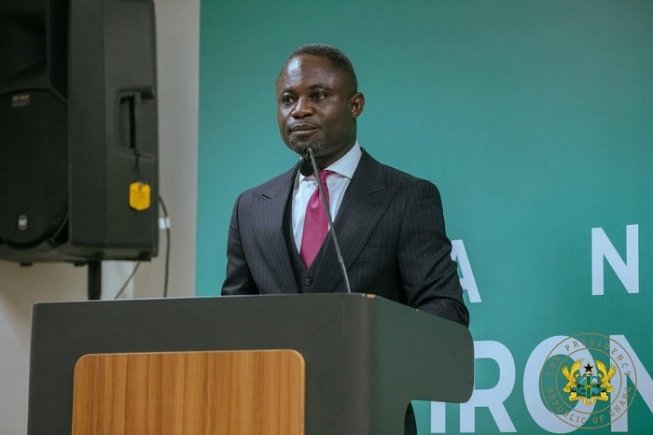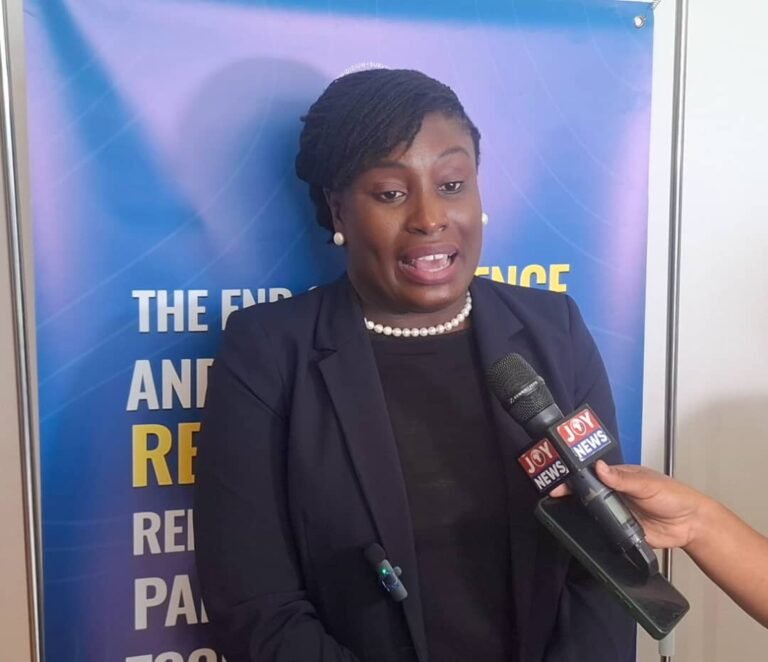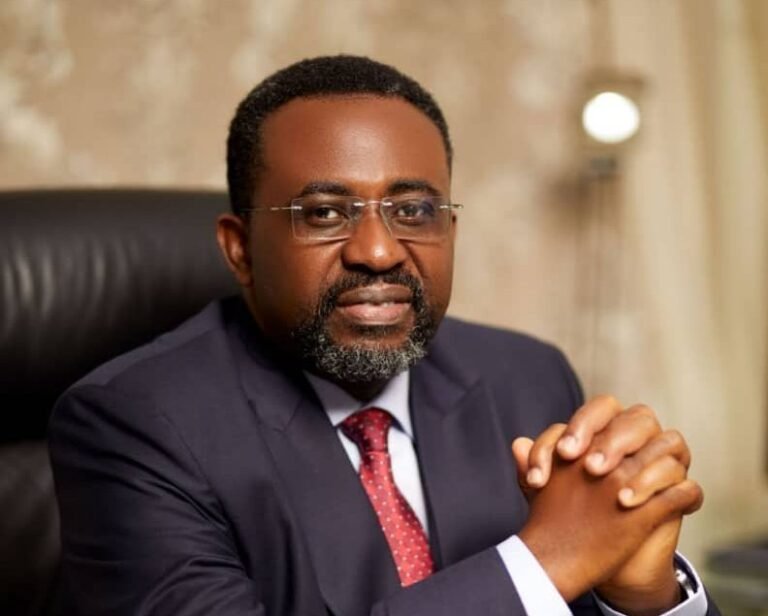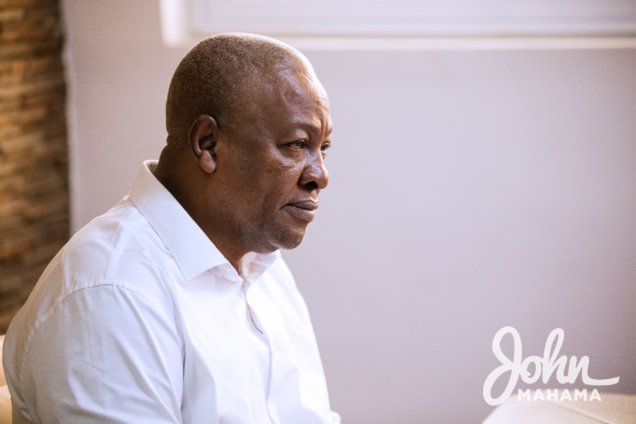
With the debate on the legislation of motorcycles for commercial use, popularly known as ‘okada’ ongoing, a document available to the Daily Statesman shows that discussion on the legalization had been ongoing for some time now.
Meanwhile, the Ministry of Transport says the stakeholders’ consultations, which started in March 2019, is set to resume in October this year.
A statement released on Friday explained that the final stage of the consultation was halted due to the COVID-19 pandemic. It explained that the consultation will be held in the newly created six regions.
A report from the Ministry of Transport indicates that a nationwide consultations with different groups had been ongoing on the issue.
The consultations held in ten regions brought on board journalists, security personnel, representatives from the National Road Safety Authority, transport unions, okada riders, among others.
Four major hospitals, Komfo Anokye Teaching Hospital, Tamale Teaching Hospital, Korle-Bu Teaching Hospital and the Greater Accra Regional Hospital, were also visited to obtain first-hand information on the toll of okada related injuries on the administration and operations of the health facilities.
The objective of the consultations was to elicit the perspectives of a broad spectrum of transport users, transport operators, transport unions, policymakers and others from the grassroots on the current Legislative Instrument (LI 2180) that bans the use of motorcycles and tricycles for fare-paying passenger services.
The goal was “to collate, synthesise and report on stakeholders’ opinions on the current road traffic regulations (LI 2180) and see how best to feed the outcomes on the consultations into the review of the regulations (LI 2180) being carried out by the Ministry of Transport.”
Important public transport
The report said motorcycle and tricycle taxis have, in recent years, become an important public transport mode in Ghana, largely due to the paucity of public transport in the country. It added that this situation presents a challenge to law enforcement agencies like the police and authorities of the Metropolitan, Municipal and District Assemblies (MMDAs).
According to the report, “the overwhelming majority of stakeholders were of the opinion that the current LI 2180 which prohibits the use of motorcycles and tricycles for fare-paying passenger transport services should be revised.”
They argued that in some communities, the use of motorcycle and tricycle taxis is inevitable because the services of conventional public transport modes such as shared taxis were unavailable.
“The motorcycles and tricycles offer door-to-door services and usually will go to areas where trotro and taxis find difficult to go because of the bad nature of roads,” the document reads in parts.
Concerns
It disclosed that some stakeholders bemoaned the current increasing spates of road traffic crashes and violent crimes such as armed robberies, murder and hit-and-runs involving motorcycle and tricycle taxis.
However, a section of the stakeholders, particularly motorcycle taxi operators, argued that there is no evidence to substantiate the claim that the road crashes and violent crimes associated with motorcycles and tricycles involve mostly commercial operators.
Recommendations
Stakeholders held the view that a strong regulatory regime will facilitate commercial operations of motorcycles and tricycles in the country. They suggested the need for training and licensing of operators; need to organise the operators into unions for them to be provided unique identification such as distinguishable colours and protective clothing; and that the operators must have a minimum motorcycle riding experience to qualify as commercial riders.
It was emphasised that the MMDAs should be empowered to promulgate by-laws to regulate the activities of motorcycles and tricycles in their areas to address their local circumstances.
To help address the challenges of road safety and violent crimes purported to be associated with commercial motorcycle users, it was recommended that strong regulatory regime and enforcement should be put in place adding that there should be no interference with police enforcement of traffic regulations from politicians, traditional and religious leaders.
“It is further recommended that in the long-term, the Ministry of Transport should find suitable alternative public transport solutions amenable to the needs of Ghanaian communities to edge out commercial passenger motorcycle and tricycle operations in Ghana,” the document said.
Source: dailystatesman.com.gh/Kwasi Frimpong




